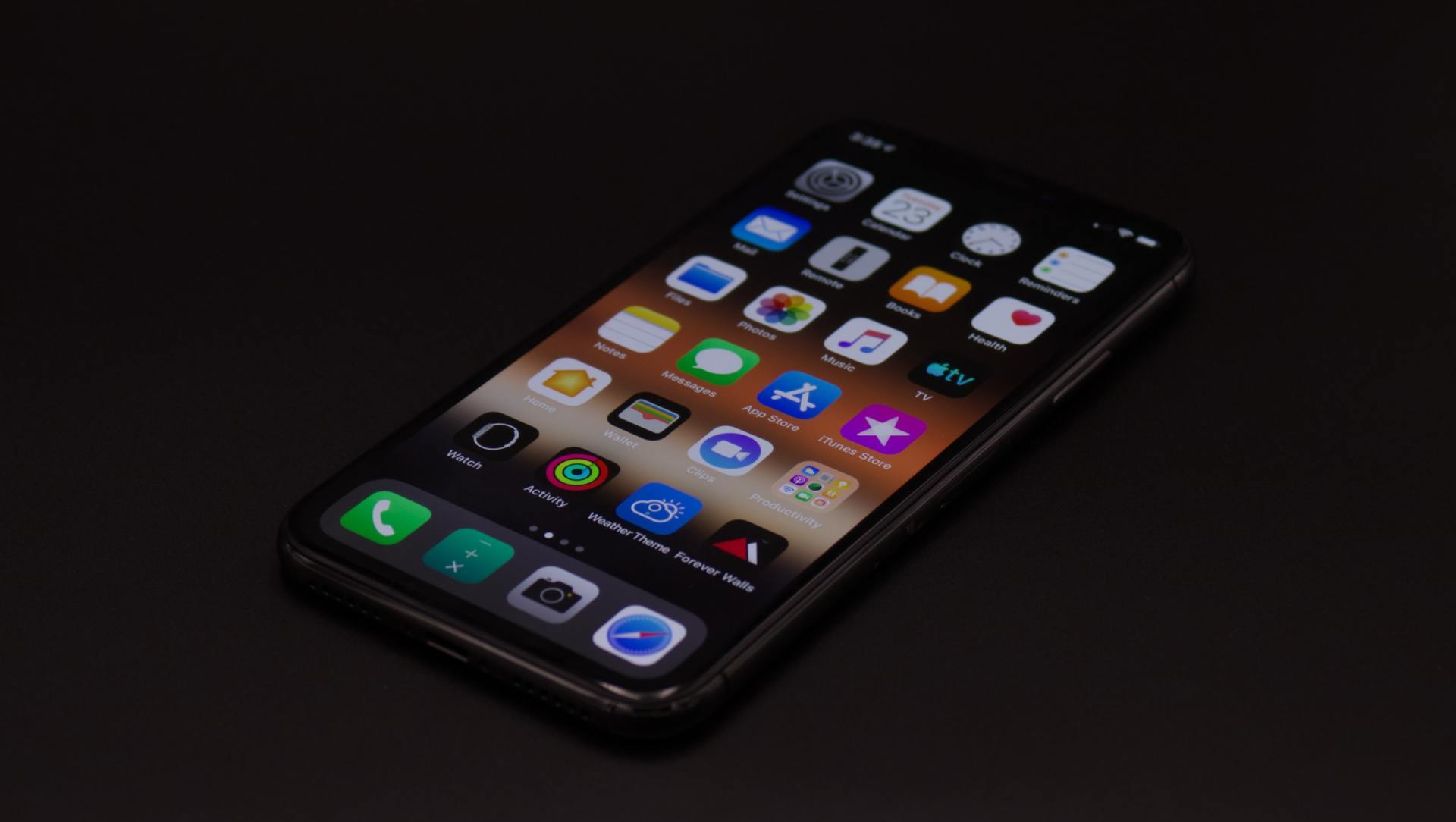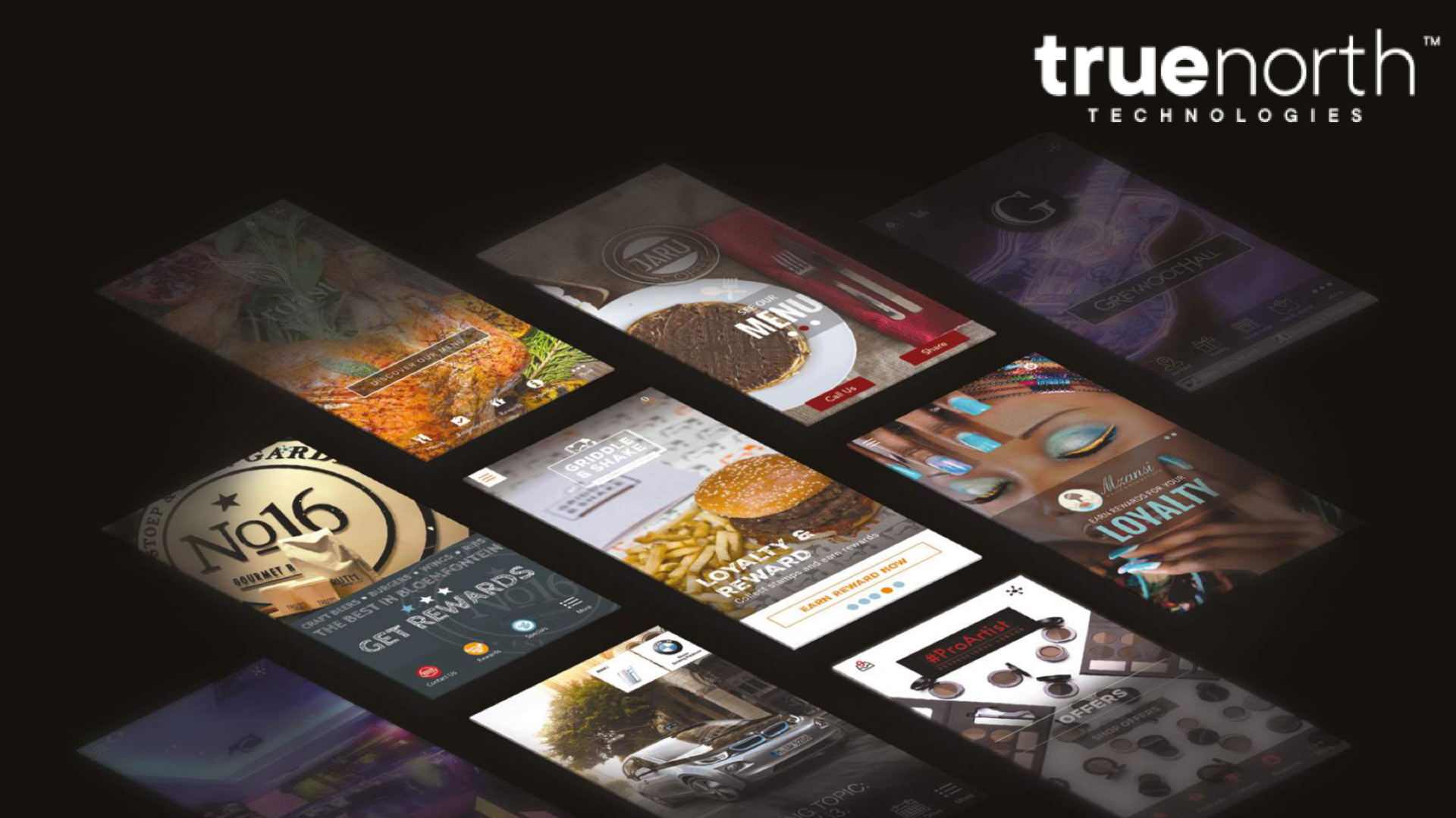Blog
True North Technologies Blog
Search results for 'app' (16)

In the fast-paced world of digital marketing, mobile apps have emerged as a powerful tool for businesses looking to engage their audiences, boost brand visibility, and drive customer loyalty. With smartphone usage continuing to skyrocket, companies can no longer afford to ignore the influence that mobile applications have on consumer behavior and marketing strategies. At True North Technologies , we specialize in custom mobile app development and strategic digital solutions . We’ve seen firsthand how mobile apps are transforming how businesses connect with their audiences, and we’re here to help you stay ahead of the curve. Why Mobile Apps Matter in 2025 Mobile usage is no longer just part of the customer journey, it is the journey. As of 2025, over 64% of web traffic originates from mobile devices, and users now spend more than 3 hours per day in mobile apps. Businesses that invest in mobile app development are tapping into a space where their customers already live, work, and shop. Whether it’s a retail store launching a loyalty app, a restaurant offering mobile ordering, or a service-based company building a scheduling tool, mobile apps give brands direct access to consumers without the distractions of search engines or social feeds. Key Benefits of Mobile Apps in Digital Marketing 1. Enhanced Customer Engagement Mobile apps allow businesses to interact with customers in real time through push notifications, personalized content, and instant support. This level of engagement helps improve customer retention and builds stronger relationships over time. 2. Data-Driven Insights Apps provide a goldmine of data from user behavior and location tracking to purchase history and app usage. With the right analytics in place, marketers can optimize their campaigns and personalize the user experience in ways that simply aren’t possible on traditional websites. 3. Increased Brand Visibility Having a branded app on a user’s device means your logo is seen every day. It’s constant passive exposure. That visibility keeps your business top of mind and reinforces your brand identity. 4. Seamless Integration with Digital Campaigns Mobile apps can be integrated into your broader digital marketing strategy, linking to email campaigns, social media promotions, loyalty programs, and more. 5. Improved Conversion Rates A well-designed app simplifies the path to purchase. With faster load times, streamlined checkouts, and personalized experiences, apps typically convert at higher rates than mobile websites. How Businesses Are Using Mobile Apps Strategically Industries of all kinds are leveraging mobile apps to meet their customers where they are: Retail & E-commerce: Offering app-exclusive discounts and push notifications for flash sales. Restaurants: Enabling mobile ordering, reservations, and reward points. Healthcare: Allowing patients to book appointments and access records via secure mobile apps. Professional Services: Providing client portals, document sharing, and project tracking on the go. Whether you’re a small business or an enterprise brand, mobile apps provide scalable solutions that grow with your business. Custom Mobile App Development with True North Technologies At True North Technologies, we build custom mobile app solutions tailored to your business goals and user needs. We don’t just stop at development. As a full-service digital marketing agency, we also provide guidance on launching your app effectively through integrated marketing strategies including SEO, digital ads, social media, and more . Final Thoughts The rise of mobile apps in digital marketing is more than just a trend, it’s a shift in how brands connect with customers in a mobile-first world. By investing in a custom mobile app, you’re not just keeping up, but you’re standing out. If you're ready to unlock the power of mobile for your business, our team at True North Technologies is here to help. Let’s build something great together. Contact us today.

The smartphone industry is booming, and various mobile app statistics reflect this fact. These recent innovations benefit users and companies alike by promoting commerce, education, and communication. A business mobile app, in particular, can seamlessly bridge the gap between seller and seeker. It can easily increase sales, improve marketing campaigns, and encourage long-term customer loyalty.
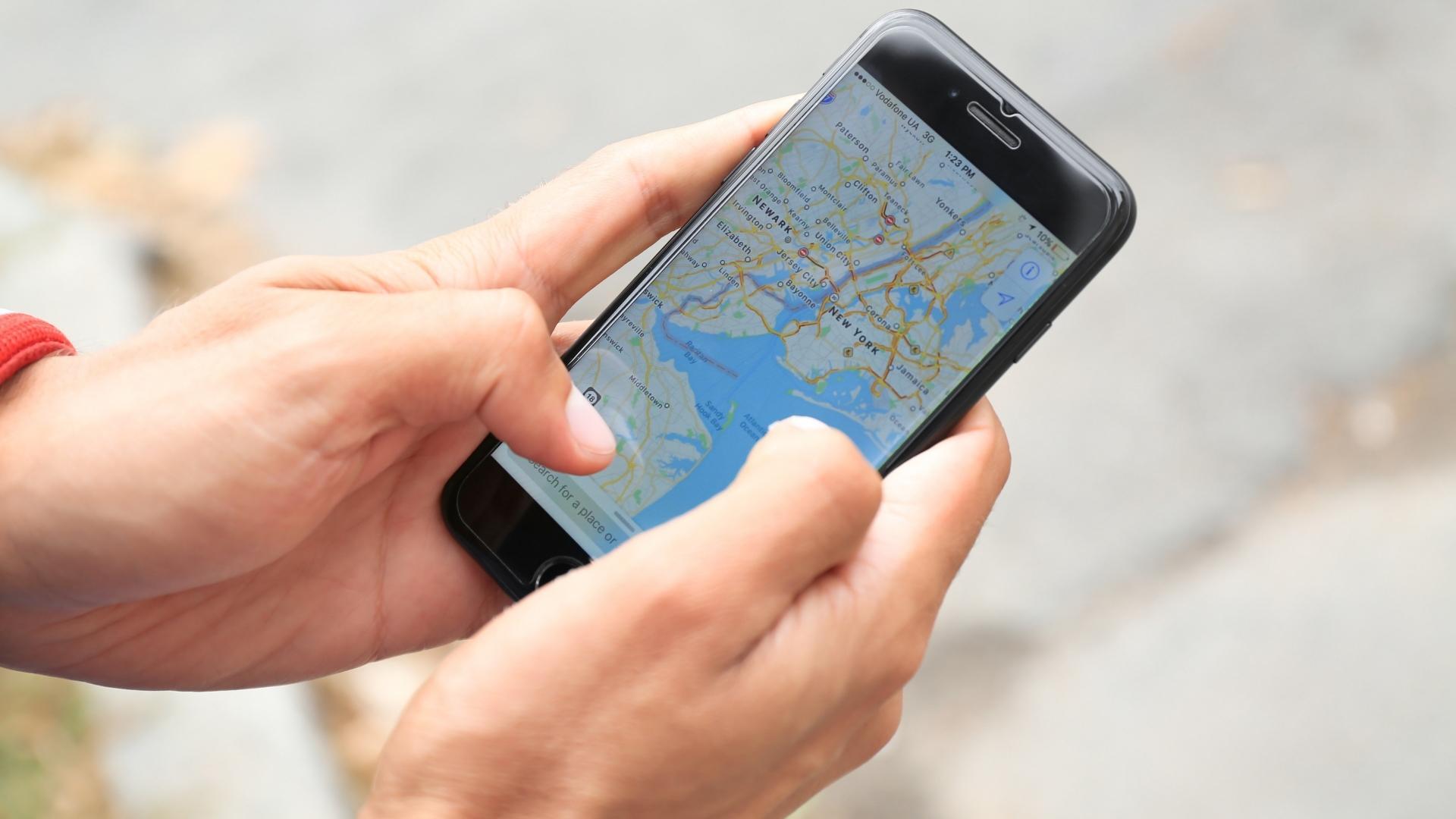
An Apple Maps business listing is a truly powerful asset for companies. It bridges the gap between seller and seeker, especially in local contexts. Plus, most Americans prefer Apple smartphones, making this an ideal target market. Here’s a short walkthrough of how to add your business to Apple Maps.

Trending technologies are changing the way people interact with their favorite brands. Websites , mobile apps , and social media platforms all offer consumers various ways to engage, discover special promotions, and purchase new products. Given that worldwide mobile use is at an all-time high and forecasted to grow , meeting these users where they already are can give small businesses a real advantage. Mobile apps are popular right now , especially those with ecommerce features . With the new year quickly approaching, here are our top 5 reasons to consider building an app for your business in 2022.

With so much happening in the world, it can be tough to stay on top of current events. Many of us suffer from information overload which makes it difficult to see beyond our industries and expectations. Sadly, if you’re unfamiliar with the online space, whether consciously or not, you risk missing out on major developments. It’s important to be aware of digital news and trends given the vast influence of internet technologies today. The following are some key takeaways from recent mobile app news and trends.

Mobile apps are incredibly powerful tools for businesses. They can be used to bring value, bolster branding, boost sales and website traffic, and connect directly with audiences across diverse backgrounds. Even with the perfect app, however, these benefits aren’t guaranteed without significant effort and planning. Investing in a solid marketing strategy is essential to an effective app launch if companies wish to make the most of this opportunity, and while small businesses may not have much extra capital to promote their app from the outset, there are several easy and affordable ways to ensure an excellent launch on a budget.

There are many details to consider when building a mobile app for your business. As developers ourselves, we know the impact these incredible applications can have. A well-planned and properly launched app can improve your business’s online presence, increase traffic and revenue, and provide your customers with a better overall experience. However, a poorly designed mobile app which lacks functionality can cause frustration for users and damage to your business’s reputation. With this in mind, how exactly do you choose the best developer to suit your needs? The following are few of our top suggestions to do just that.

The average person uses 9 apps each and every day, which makes sense when you consider there are over 3 million to choose from on the App Store alone. With so many choices, it can be difficult to stand out from the crowd, especially if you’re just getting started. The following tips will help your new business app to do just that.

So, you’ve finally launched a beautiful, functional mobile app which will not only blow away your competition but will also have a major impact on sales, branding, and the overall quality of your customers’ experiences. It’s possible that you’re probably wondering, “Now what?” The truth is what comes after your app publish is just as important as the quality and functionality of the platform itself. We have chosen to outline some key suggestions to keep your marketing strategy on track once your app goes live.

Mobile apps are an innovative way for businesses to connect and engage with their loyal customers. Whether you’re considering a mobile app, deep in the design process, or even ready to publish one, a common concern remains: how do you get users to download it? App launches can easily get lost in the background of new product campaigns and other promotions, especially on competitive app stores. In order to help resolve this issue, Google recently released a series of new features which offer developers many ways to promote their mobile app, encourage new downloads, and nurture their relationship with loyal customers. We’ve chosen to highlight these helpful Google updates and their various benefits for both users and app developers.

As the new year begins to accelerate, many companies will likely be fully focused on maximizing every opportunity that crosses their path. Along with that come new digital strategies for increasing revenue, given recent restrictions and the widespread shift to online and mobile commerce. No matter your industry or scale, investing in a quality app for your company creates a variety of new opportunities to generate leads and make sales. Here are five reasons why a mobile app is a wonderful tool and invaluable asset to any business’s marketing strategy.
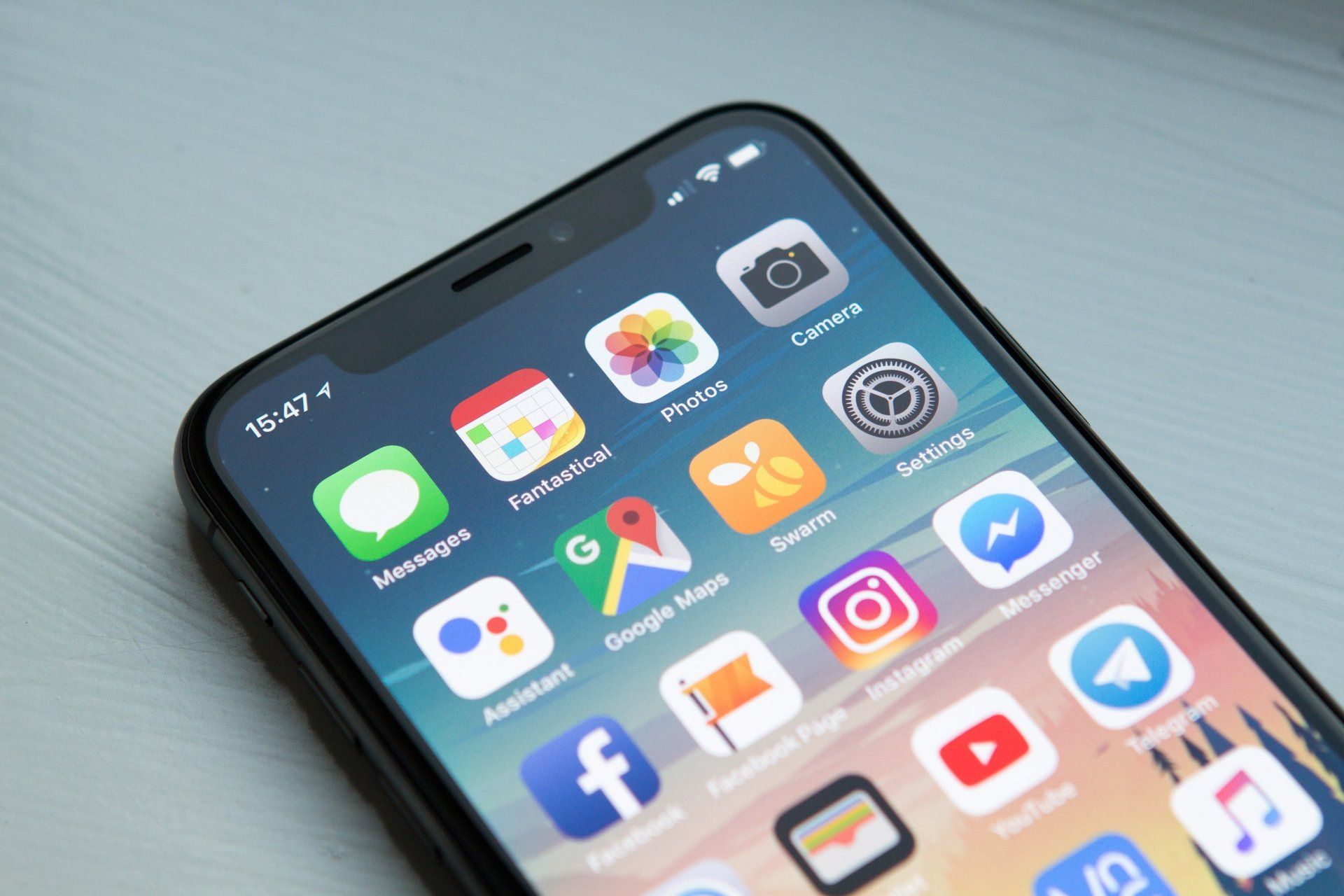
Research suggests the average individual uses about 30 different applications each month, and around nine every day. Given that the average user spends at least two hours on them daily, mobile apps are undoubtedly a major part of modern digital life. Many of us will likely rely on at least one or two to help seize the day– whether it’s a messenger to connect with our teams, a project manager to track workloads, or a simple banking app to pay bills. While there are currently over 2 million apps available for iOS and Android, far fewer are growing or popular. Some will stagnate, and more are doomed to fail. Don’t allow yours to be forgotten, or worse, uninstalled. Acknowledging and avoiding the following pitfalls will give your mobile application a better shot at a successful launch. Unclear Purpose When developing a mobile app for your business, it is important to determine its purpose. Just like any other service or product, mobile apps should solve a problem or fulfill a particular need. This may seem like a no-brainer, but an app without a clear direction will struggle to survive. Identify your goals as early as possible in the development process by placing yourself in a potential user’s shoes. Why should they bother downloading your app in the first place? The more clearly you define your mobile app’s purpose, the more likely it is to genuinely resonate with your audience. After all, who wants another worthless program bogging down their device? Failure to Scale Some business owners simply don’t dream big enough when they begin designing their application. An honest mistake is to target a small domestic market which they already understand well. Mobile device ownership and use is growing exponentially around the world, even in places one wouldn’t typically expect, providing mobile applications the benefit of a much more global audience. Being too nearsighted or targeting only known demographics will limit your app’s potential to cultivate continuous brand exposure. Think broadly, cater globally, and always consider providing alternative language support. Be bold, and be rewarded. Insufficient Marketing One crucial error is underestimating the amount of marketing needed to gain traction and awareness when launching an application. Unfortunately, it’s a common misconception that a well-developed and high-functioning application will generate hype and downloads for itself. This couldn’t be further from the truth- it doesn’t matter how great your product is, it won’t sell itself. Mobile apps, like any other product, require marketing to promote them, especially in the current climate of fierce competition. Prepare to put significant time and resources behind marketing your app at launch. This is where a clear purpose makes all the difference. Show people the need for your platform, and the solution it offers, and you’ll know within the first few months whether changes need to be made. Too Many Features If you think users want applications with every feature imaginable, think again. Feature overload will render any mobile app cumbersome, to say the least. Furthermore, each additional function will likely increase cost and development time, and slow down overall performance. The end result may be a useless, confusing jumble that simply frustrates users and takes up space. That’s why the focus should be on implementing unique features and functionality tailored specifically to users’ expectations. Pursue quality, not quantity. Over time, you can introduce more features, update current ones, or optimize others based on user feedback. It’s much easier to add than subtract, in this regard. Build a strong foundation of essential use cases before deciding to add all the bells and whistles. With some luck, you won’t have to add anything extra at all.

Having a new app designed for your business is an exciting part of any marketing plan, but even when you have a professional developer on standby, there are still a few things you’ll need to do before you get started. So, what should you think about before the first designs come to life to ensure that you give your brand-new app the best possible chance of success? Ask yourself: "Is there a Need for my App?" For any product to be successful, there needs to be a demand for it- so it’s a great idea to think about doing some market research before you have an app designed to ensure there is a demand for it. It is important to research what is already in the market and available for download on places like the App Store. Look at reviews and ratings, and consider reaching out and speaking with potential users. Would they use it? Be Crystal Clear on your App's Purpose Once you have confirmed that there is a demand for your app, hone in on its exact purpose. This could be a specific problem your app solves, for example. Try to crystallize this into an elevator pitch– a two or three-sentence outline (at most) of your app’s purpose. What will it do? Pick a Platform Another crucial decision is determining whether your app will be designed for Android, Apple, or both. The platform you choose may be influenced by your users, so again, refer back to market research and do your due diligence before making a decision. Define your USPs Chances are, there will be other apps that are similar to the one you have in mind. To stand out, you will need to define your unique selling propositions (USPs) in order to show what makes your app different from the existing options that your target market may already be using. Create a Marketing Plan A marketing plan is an important part of your initial app process because this will determine whether or not your app reaches the intended audience. You will need to factor in some budget decisions at this point, too, and may need to conduct additional market research. Which channels will be most appropriate for your app's promotion? What kind of advertising will you do? Will you need a website , also? Having a blueprint ready to go means you can hit the ground running while promoting your app to the right people immediately following launch.
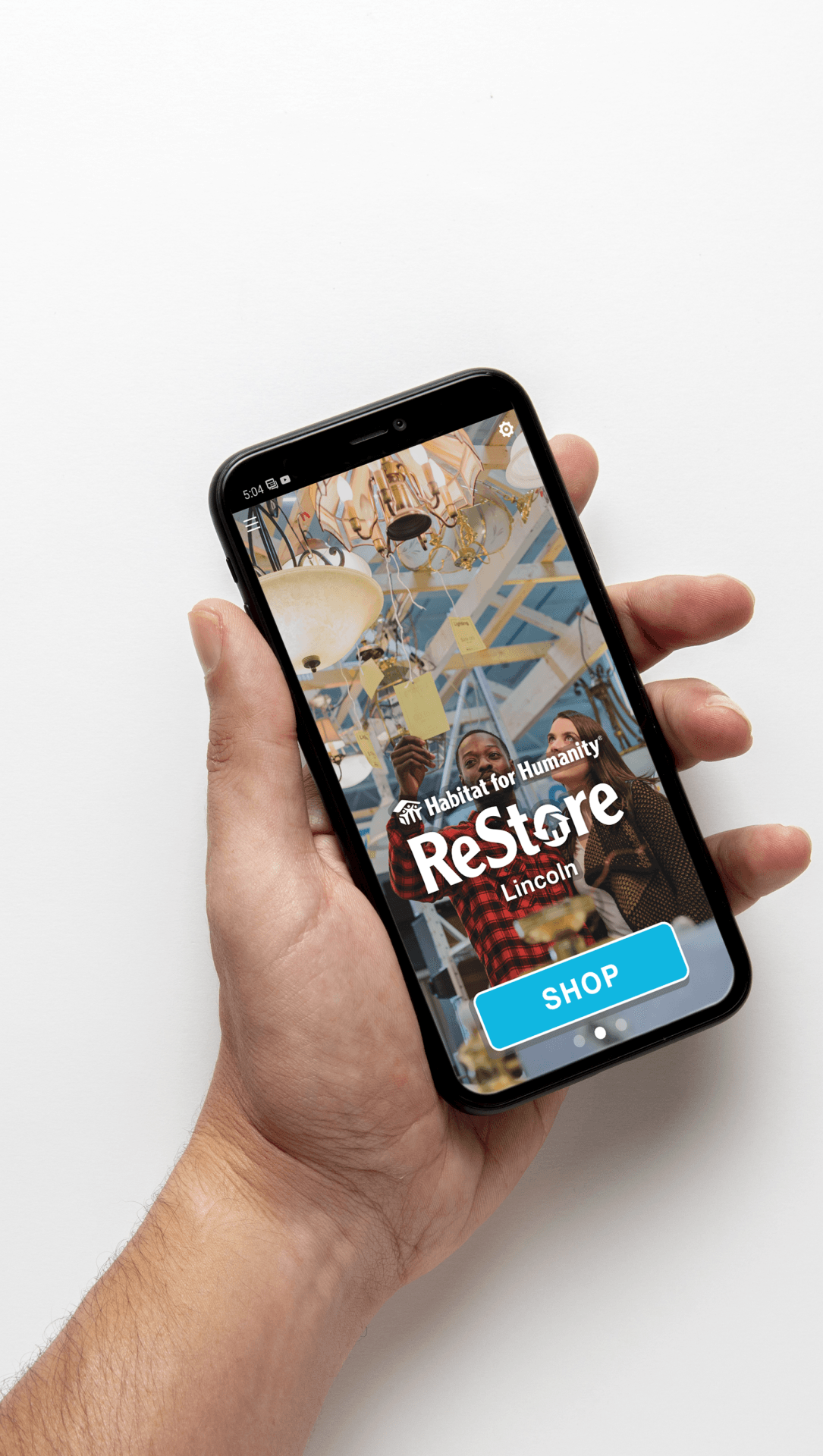
All businesses know the importance of customer loyalty. Not only does it cost five times as much to acquire a new customer as it does to retain an existing one, but loyal customers are also statistically most likely to spend the greatest amounts. So, what is the best way to boost customer loyalty? Through a loyalty program. Research suggests that almost all customers feel more devoted to a brand if they offer a rewards scheme. The big question is… should businesses keep their loyalty program exclusively as a physical or online benefit, or should they extend the scheme into their business app?
Interested in valuable marketing content?
Sign up for our weekly newsletter!

